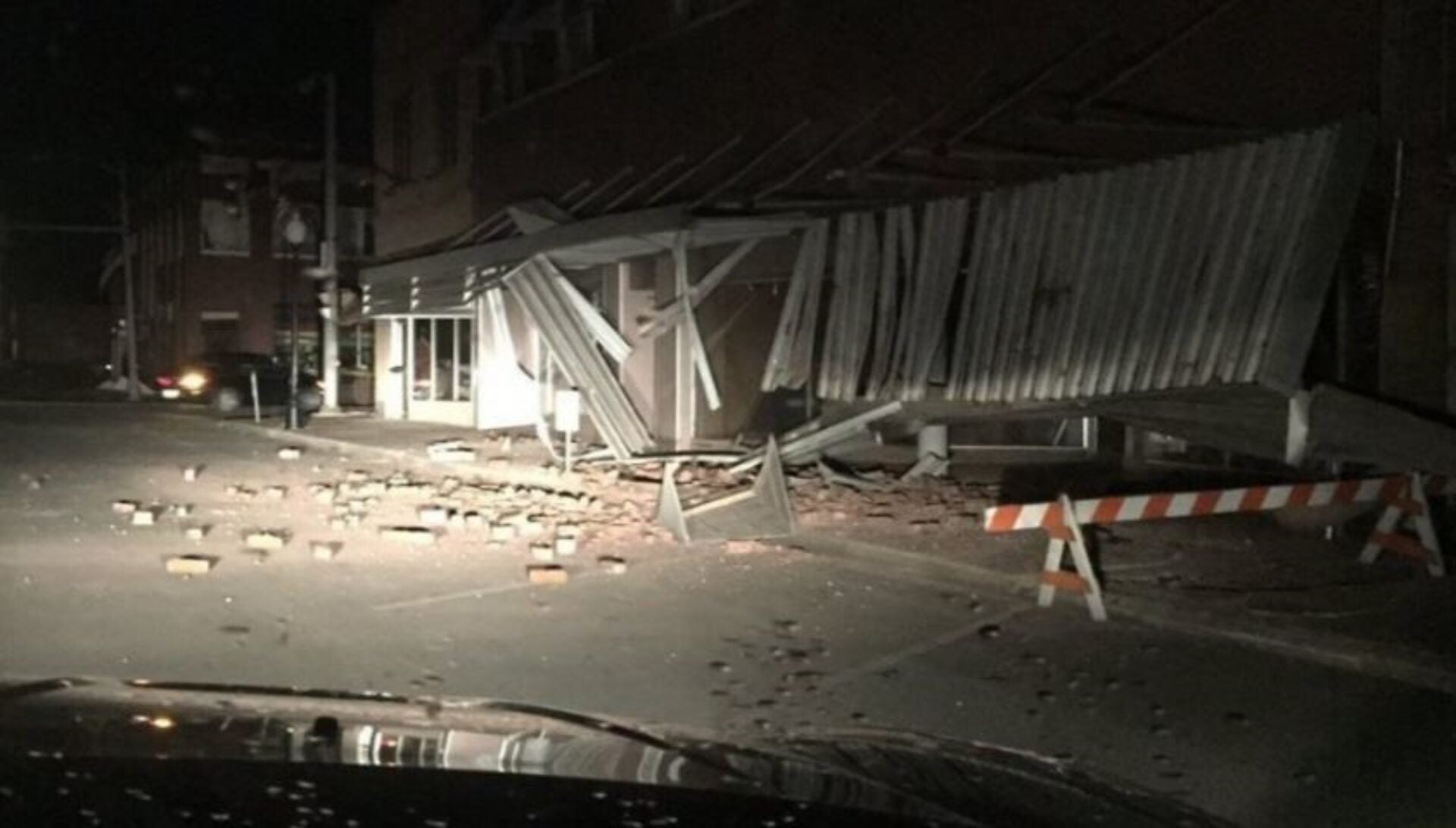
Will Pennsylvania Quake from Oil and Gas Wastewater Disposal?
On November 6, 2016, several dozen buildings in Cushing, Oklahoma sustained “substantial damage” during a 5.0 magnitude earthquake. The event was the latest of thousands of earthquakes that have hit The Sooner State in the last two years alone. Oklahoma has, in fact, surpassed California as the most earthquake-prone state in the nation.
The culprit? Induced seismicity— man-made earthquakes stemming from the underground disposal of wastewater from oil and gas drilling.
What about Pennsylvania – the nation’s second largest producer of natural gas?
Until now, most wastewater destined for deep well injection from shale gas development in Pennsylvania has been shipped to Ohio for disposal. However, the costs of transportation and disposal are prompting new interest in wastewater injection in Pennsylvania.
So, is Pennsylvania the next state to quake?
It depends on how state government responds to the data and experience of other states, and whether the Commonwealth adopts proactive policies to minimize the risk of induced seismic events.
In my new policy digest for the Kleinman Center, I suggest a strong permitting regime for oil and gas wastewater disposal wells that is protective, reasonable, and low-cost – and that can provide injection well operators with liability protection.
With the likelihood of demand for additional oil and gas wastewater disposal wells in Pennsylvania, and absent requirements that mandate the use of alternative treatment technologies that would avoid the need for injection disposal, the Commonwealth must have strong permit requirements for injection wells.
John Quigley
Senior FellowJohn Quigley is a senior fellow at the Kleinman Center and previously served on the Center’s Advisory Board. He served as Secretary of the PA Department of Environmental Protection and of the PA Department of Conservation and Natural Resources.

